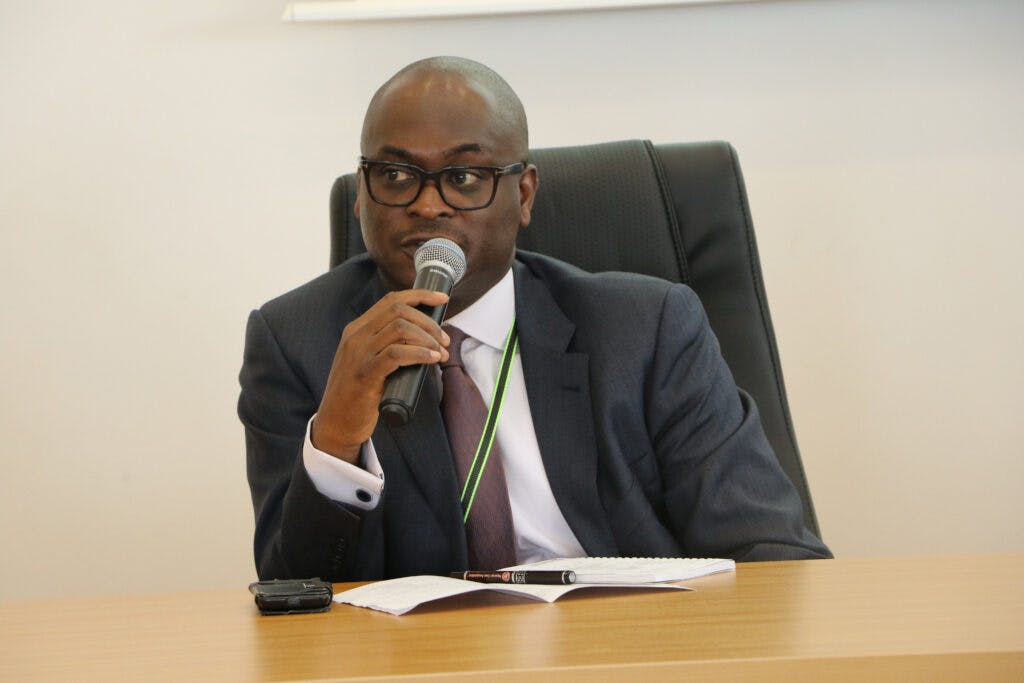FG to commence nationwide sensitization on LPG adoption
NEWS
|Jan 1, 1970


The Federal Government has concluded plans to commence as soon as possible a nationwide sensitization campaign on Liquefied Petroleum Gas (LPG) adoption and expansion in the country.
According to NAN, this was made known by the Special Assistant to the Vice President on LPG and Programme Manager National LPG Expansion Implementation Plan, Dayo Adeshina, during an interview on Wednesday in Bauchi.
Adeshina explained that the objective of the exercise was to increase and expand access to the adoption of (LPG) known as cooking gas among Nigerians, adding that the first phase of the exercise was expected to begin in 12 out of the 36 states of the federation.
He pointed out that the federal government wants to achieve full compliance with the adoption of the commodity.
He said, “We had since begun the programme in some of the 12 pilot states.’’
Adeshina said the 12 pilot states were Bauchi, Lagos, Ebonyi, Gombe, Katsina, Sokoto and Enugu. Others are Bayelsa, Delta, FCT Abuja, Ogun and Niger states, stressing we would soon commence the programme.
Going further, he revealed that all the 36 states were expected to be covered within 3 years at the rate of 12 states per year, noting that government will engage investors and marketers for effective implementation.
He said conventional media, social media, traditional rulers and community leaders would be fully engaged in the campaign to achieve wider and more effective coverage.
What you should know
The Federal Government had earlier disclosed its plans to inject 10 million cylinders of the Petroleum Liquefied Gas into circulation nationwide to increase access to the commodity.
The distribution of these cylinders, which is to help deepen cooking gas utilization across the country, would be done through registered marketers.
The government is also trying to increase LPG usage in agriculture, transportation and manufacturing adding that this will enable the country to reduce CO2 emission by about 20% and create millions of jobs for Nigerians.